
I've homeschooled both of my children since my older daughter was almost 5. It's been an amazing 12 years so far, and I'm blessed to have had the opportunity to have such an influence on their education. Even though I majored in education (elementary and deaf ed), I maintain that I have learned far more teaching my own children at home than I did in college and in working in the school system for 5 years. I've had to learn when to slow down, when to skip things, and when to ask for help.
I was a pretty good student in school, and did well in most of my subjects – especially math. I'm that weird girl who took Pre-Calculus as a freshmen in college and then did the extra problems over the summer for fun. (And I'm old enough to have been forbidden from using a calculator for any of it.) But the one math class I didn't do that well in was geometry, so when our homeschool co-op had a geometry class, with another mom doing weekly lessons and labs, I was thrilled to get extra help.
Sometimes, though, it's not enough to wait for Monday co-op. (And sometimes a lot of snow gets dumped on you and co-op is cancelled!) There are lessons to do during the week, and I'm the one who has to help explain them to my 17-year-old. When I'm unsure, I have a resource that helps us both understand the lessons: Khan Academy!
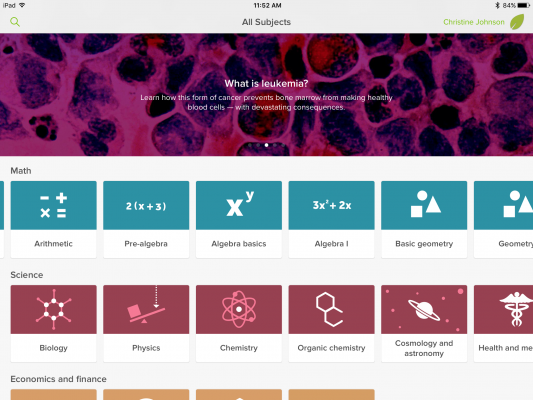
Khan Academy is an online resource that's also accessible via apps on your smartphone or tablet, with a variety of subjects available. There are video presentations for lessons, as well as opportunities to practice newly-learned skills and take tests. I've heard of families who have used Khan Academy as homeschool classes, though I haven't done that yet. It's something I'm considering, though. What I've used it for so far is to help me to better understand concepts in my daughter's geometry class, and then, at times, to explain it to her.
The videos are done by professors, and are all open-captioned (and, thus, accessible to nearly everyone). The progress through a course, and you can either pick and choose, or you can sign up for what Khan calls a "personalized experience" that will track your progress and keep track of your skill checks for you.
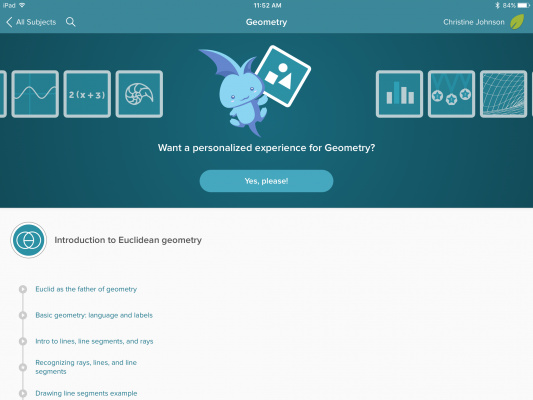
Math courses begin with early math and go all the way through all kinds of higher math such as differential, integral, and multivariable calculus classes, and even give choices for recreational math, math contests, and specialized math classes for Ontario as well as for WNCP and NCERT. There are also science courses, economics and finance, computing, arts and humanities, and an entire section dedicated to test prep, including the new SAT, which will begin in March 2016.
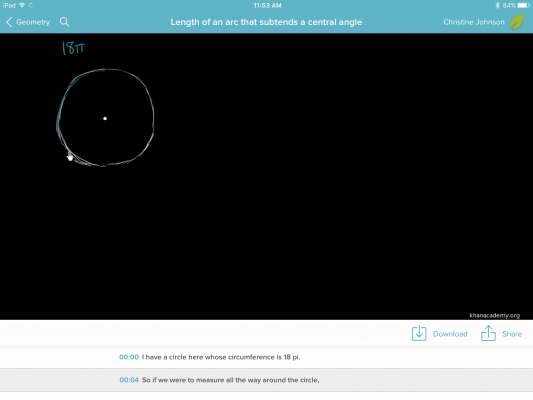
Khan Academy also has partner content from the Metropolitan Museum of Art, the British Museum, the J. Paul Getty Museum, and more. There are links to talks and interviews (including some TED talks, and resources for adults who are guiding their children or students through one or more program. Oh, and there's an entire section dedicated to college admissions, including a series of lessons on paying for college, applying for financial aid, how to find grants and scholarships, and more. When you sign up as a parent, you can also keep track of your children's progress by linking the accounts. (The app and website guide you through setting up children's accounts with yours.)
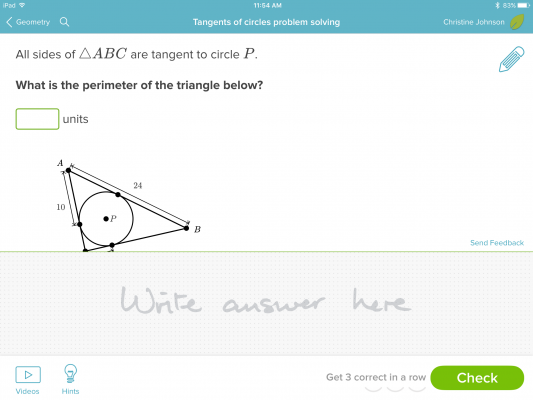
Khan Academy and all of the associated apps are free. Free! You can sign up online here, and you can download the Khan Academy apps for iOS and Android.
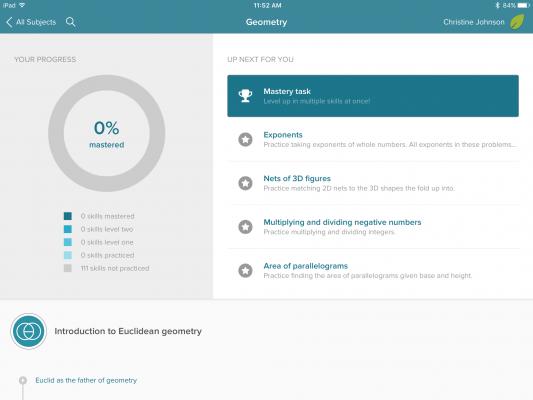
All text and images ©2016 Christine Johnson
About the Author
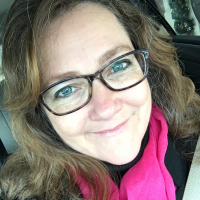
Christine Johnson
Christine Johnson has been married to Nathan since 1993 and is the mother of two homeschool graduates. She and Nathan live in the Blue Ridge Mountains of Southwest Virginia, where she tries to fit in as a transplanted Yank. She blogs at Domestic Vocation about her life as a wife, mother, and Lay Dominican.


.png?width=1806&height=731&name=CatholicMom_hcfm_logo1_pos_871c_2728c%20(002).png)
Comments